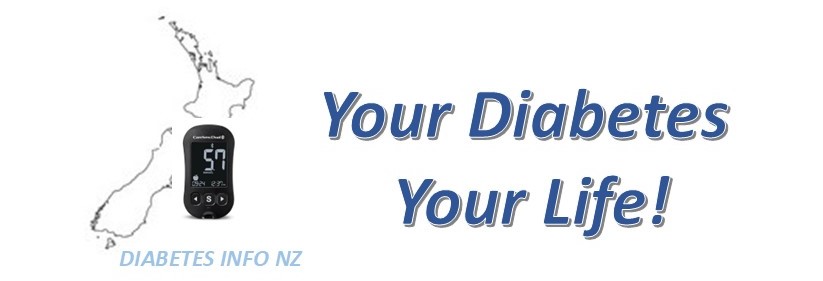Monogenic Diabetes
Monogenic Diabetes (MDM) is diabetes caused by a single defect in one of many genes. More than 50 genetic variants have now been reported (at the time of this page update) with the genetic defects affecting different, but specific, aspects of insulin secretion or insulin action.
An important feature of these disease-causing genetic mutations is that they appear to be minimally affected by behavioral and environmental factors
What’s covered on this page:
- Three Decades of Research
- Maturity Onset Diabetes of the Young (MODY)
- Neonatal Diabetes
- Insulin Resistance Syndromes
- Diagnosis and Classification of Monogenic forms of Diabetes
- Genetic Testing
Three Decades of Research
Maturity Onset Diabetes of the Young (MODY)
Maturity Onset Diabetes of the Young (MODY) was first recognised back in 1974.
Neonatal Diabetes
Insulin Resistance Syndromes
Diagnosis and Classification of Monogenic forms of Diabetes
An accurate genetic diagnosis is important in order to ensure appropriate treatment.
Here in Aotearoa New Zealand, there is publicly funded access to genetic testing for monogenic diabetes through Hospital and Specialist Services (HSS) – usually via an endocrinologist. National guidelines for monogenic diabetes genetic testing published by the New Zealand Society for the Study of Diabetes (NZSSD) cuurently require clinical identification of potentially affected individuals based on the absence of typical features for type 1 diabetes (i.e. absence of auto-antibodies, persistence of significant C-peptide) or type 2 diabetes (e.g. absence of obesity, hypertension, hyperlipidaemia).
Why is Genetic Testing Important?
Genetic testing can confirm if your diabetes is caused by a single gene change. This is particularly important for children and babies over the age of 9 months:
-
It can lead to a more accurate diagnosis.
-
It might mean a change in your treatment (e.g. switching from insulin to tablets).
-
It can help other family members understand their risk.
-
It may explain why diabetes appears in your family at a young age.
At the moment, this testing is only available through hospital specialists (secondary care), and you may need a referral from your GP or diabetes team.
What is Cascade Testing?
Cascade testing means offering genetic testing to your family members once a gene change is found. This helps find out who else may have or be at risk of monogenic diabetes. Early diagnosis can lead to better management and peace of mind.
What Should I Know About the Results?
Genetic testing results can sometimes be complex:
-
Positive result – A gene change that explains your diabetes is found.
-
Negative result – No gene change is found, or it’s not the cause of your diabetes.
-
Uncertain result (VUS) – A change is found, but we don’t yet know if it causes diabetes.
Some gene changes don’t always cause diabetes (this is called low penetrance), and some people may show features of both monogenic and type 2 diabetes. That’s why it’s important to get support from trained professionals.
Genetic Counselling: What to Expect
Before and after testing, you may be offered genetic counselling. This is a chance to:
-
Learn what the test can and can’t tell you
-
Ask questions about how results may affect you or your family
-
Get support in making decisions about testing and next steps
Genetic counsellors and specialist nurses are there to guide you through the process and explain everything clearly.
Need More Help?
If you think monogenic diabetes might apply to you or your family, speak to your GP or diabetes team. They can refer you for further advice and testing if needed.
